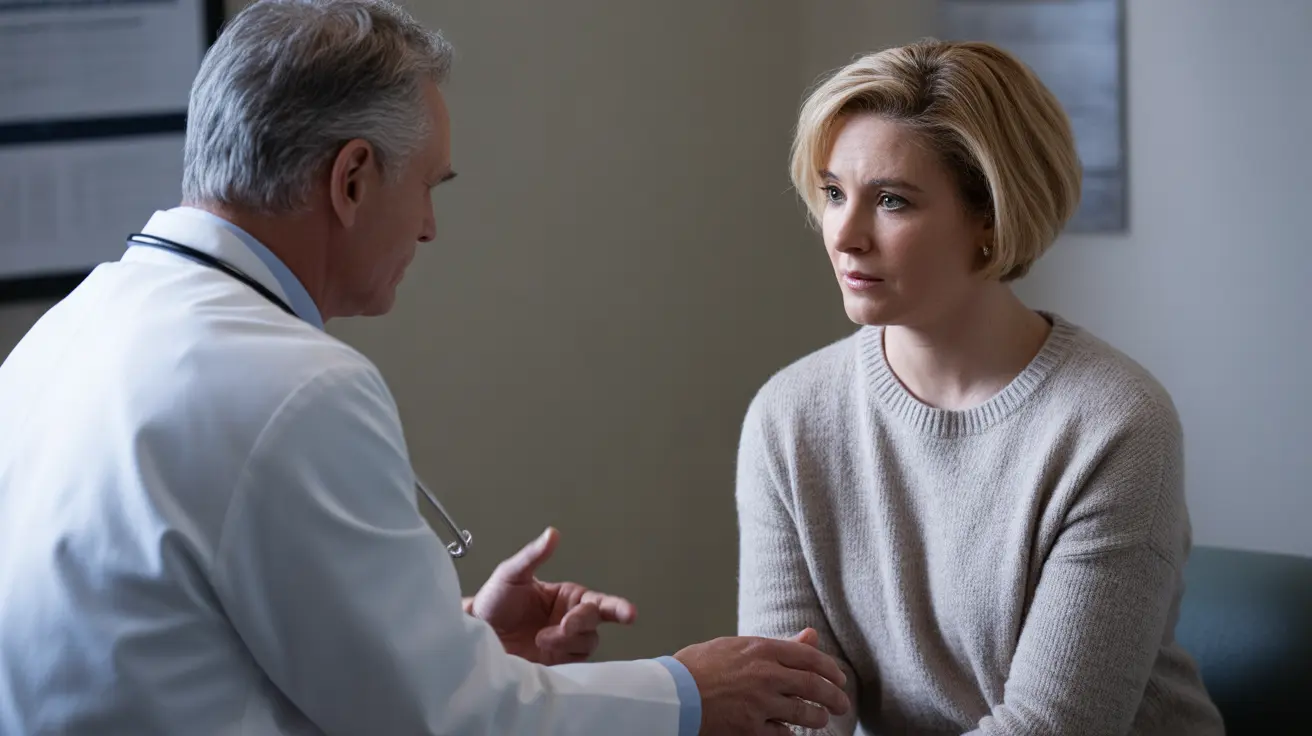If you're experiencing symptoms of depression, seeking professional help is a crucial first step toward recovery. Understanding which type of doctor or mental health professional to see can feel overwhelming, but there are several qualified healthcare providers who can help diagnose and treat depression effectively.
This guide will help you navigate the different types of medical professionals who treat depression, their specific roles, and how to choose the right provider for your needs.
Starting Your Journey: Primary Care Physicians
For many people, the best first step in seeking depression treatment is consulting their primary care physician (PCP). These doctors are well-equipped to:
- Perform initial depression screenings
- Evaluate symptoms and medical history
- Rule out physical conditions that might cause depression
- Prescribe antidepressant medications when appropriate
- Provide referrals to mental health specialists
PCPs often serve as an excellent starting point because they're familiar with your overall health history and can coordinate your care effectively.
Understanding Mental Health Specialists
Psychiatrists
Psychiatrists are medical doctors who specialize in mental health treatment. They offer several key advantages:
- Can prescribe and manage medications
- Provide comprehensive mental health evaluations
- Treat complex or severe depression cases
- Often work alongside other mental health professionals
Psychologists
Clinical psychologists focus on therapeutic approaches to treating depression. While they cannot prescribe medication, they provide:
- Various forms of psychotherapy
- Cognitive Behavioral Therapy (CBT)
- Depression management strategies
- Emotional support and coping techniques
Licensed Clinical Social Workers and Counselors
These mental health professionals offer valuable support through:
- Individual and group therapy sessions
- Practical coping strategies
- Support with life stressors
- Connection to community resources
Treatment Approaches for Depression
Effective depression treatment often involves a combination of approaches:
- Medication management
- Individual therapy sessions
- Group therapy opportunities
- Lifestyle modifications
- Regular monitoring and adjustment of treatment plans
When to See a Mental Health Specialist
Consider seeking specialized mental health care if you experience:
- Severe or persistent depression symptoms
- Limited response to initial treatment
- Complex mental health concerns
- Thoughts of self-harm
- Need for intensive therapy
Frequently Asked Questions
What type of doctor should I see first if I think I have depression?
Your primary care physician is often the best first point of contact. They can perform initial evaluations, prescribe medication if needed, and refer you to mental health specialists if necessary.
How do psychiatrists and psychologists differ in treating depression?
Psychiatrists are medical doctors who can prescribe medication and focus on medical treatment of depression. Psychologists specialize in therapy and counseling but cannot prescribe medication. Both may work together to provide comprehensive care.
Can a primary care physician prescribe medication for depression?
Yes, primary care physicians can prescribe antidepressants and other medications for depression. They often manage mild to moderate cases of depression and can refer patients to specialists when needed.
When is it necessary to see a mental health specialist like a psychiatrist for depression?
It's advisable to see a psychiatrist when you have severe symptoms, complex mental health issues, previous treatment hasn't been effective, or your primary care physician recommends specialized care.
What kinds of therapy do mental health professionals use to treat depression?
Mental health professionals use various therapeutic approaches, including Cognitive Behavioral Therapy (CBT), Interpersonal Therapy (IPT), Psychodynamic Therapy, and Group Therapy. The choice of therapy depends on individual needs and circumstances.
Remember, seeking help for depression is a sign of strength, not weakness. Whether you start with your primary care physician or directly consult a mental health specialist, taking that first step is crucial for your well-being.




